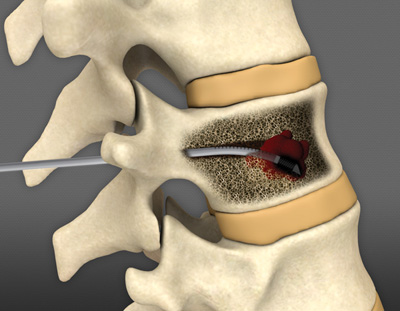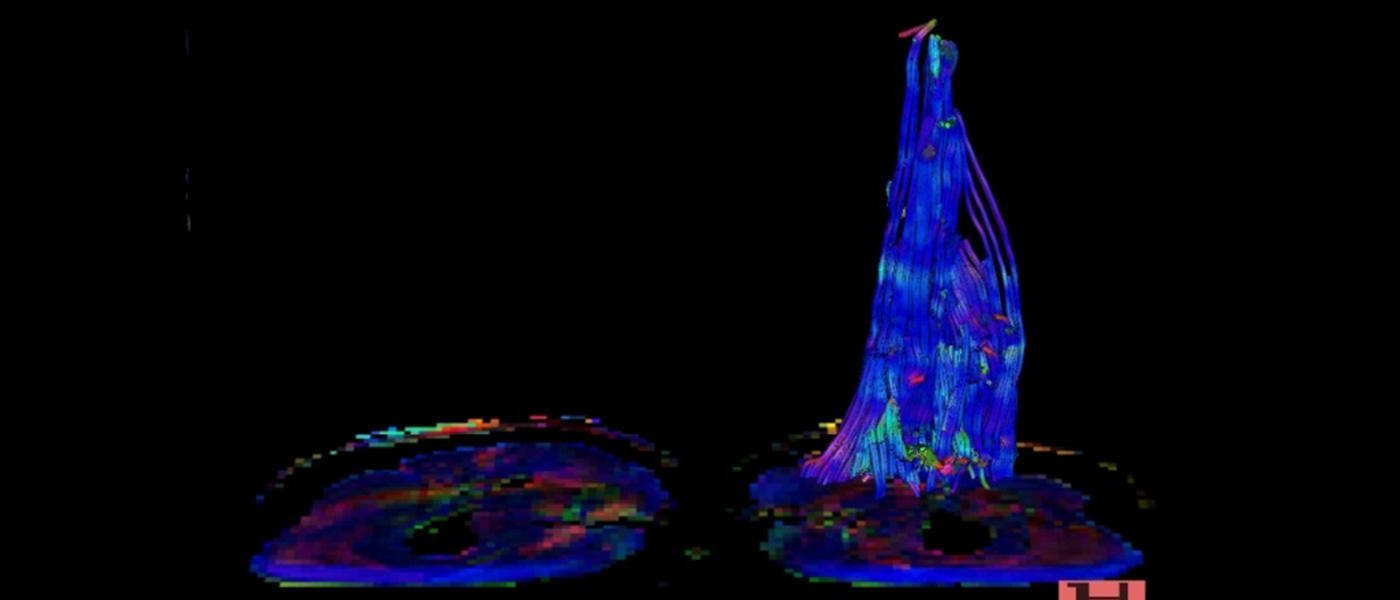Division of Experimental Imaging (DEI)
The Division of Experimental Imaging (DEI) at the Department of Diagnostic and Interventional Radiology at the Goethe University Hospital in Frankfurt, Germany is a research division focused on developing new imaging acquisition and post-processing techniques to ultimately improve imaging in clinical routine for our patients. Read more about us on our website...
Fight against vertebral body metastases
Around 1.5 million people in Germany suffer from cancer. In the three most common tumor types - breast, prostate and lung cancer - up to 85% of metastases are found in the spine. For patients, this can result in unbearable pain, numbness or even paralysis, as these metastases damage neurological tissue and weaken the structure of the vertebral bodies. The surgical removal of vertebral body tumors, which has been common practice up to now, is unsatisfactory.
Since the surgical removal of vertebral body tumors has not been satisfactory until now, experts developed a heat-based technique called STAR ablation. Using radiofrequency energy, vertebral metastases can now be removed specifically from the spine for the first time. "A significant increase in the quality of life of those affected is expected," said Prof. Vogl, director of the Institute for Diagnostic and Interventional Radiology at Frankfurt University Hospital. During the minimally invasive procedure, metastases are removed in a precise and controlled manner.
During the minimally invasive procedure, metastases are removed in a precise and controlled manner.

STAR ablation promises significantly better results than conventional procedures. It enables the targeted treatment of radiation-resistant tumors. First, tumor tissue in the vertebral body is destroyed selectively using radiofrequency energy, i.e. heat, without endangering the sensitive neighboring structures. If necessary, the resulting cavity is refilled with a very viscous bone cement. With this minimally invasive procedure, metastases are removed in a precise and controlled manner. This brings significant advantages for the patient: The gentle procedure and short treatment time result in immediate pain relief without interrupting the vital chemotherapy.

